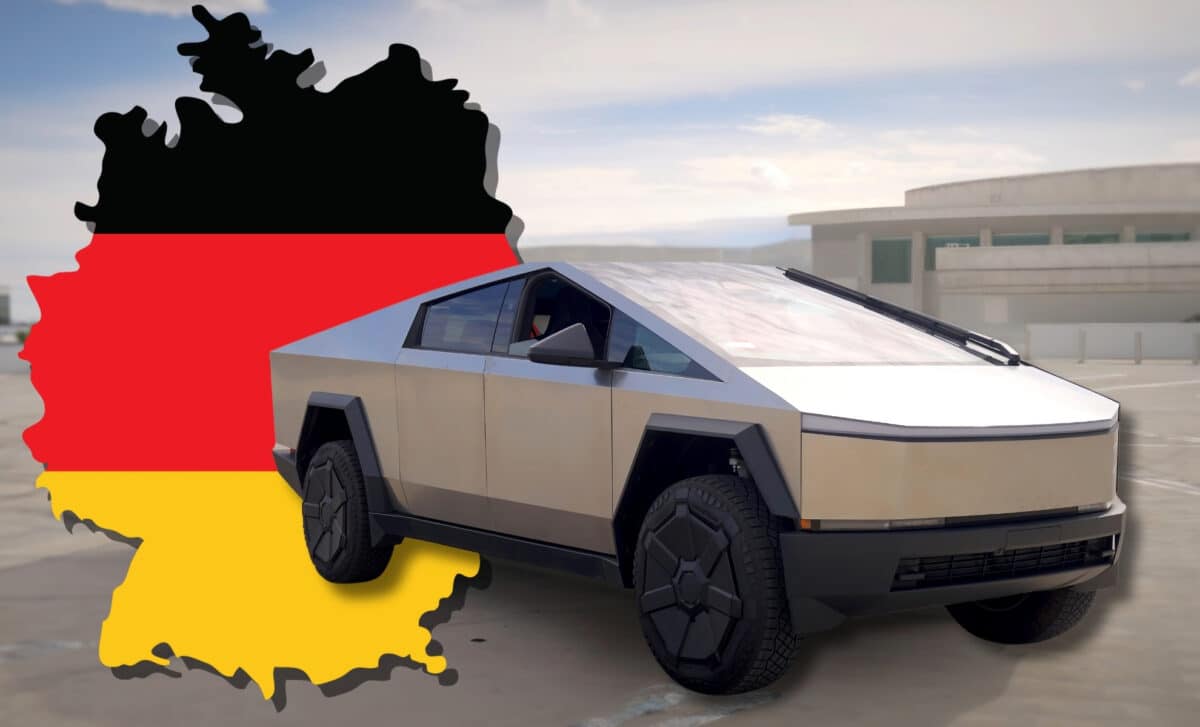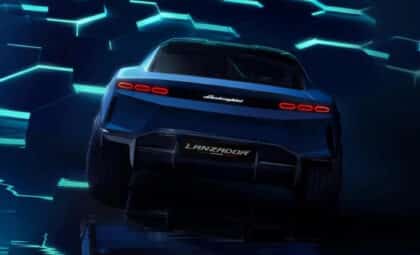Since its launch, the Tesla Cybertruck has drawn attention for its angular design and sharp-edged stainless steel body. While the vehicle remains legal in the US, its unique exterior has become a point of contention overseas. The German Federal Ministry of Transport (FMoT) recently blocked the model from being driven locally—even by American military personnel—citing serious safety violations. The US Army Customs Agency has now issued an official statement that explicitly bans soldiers from registering or operating the Cybertruck in Germany.
This ban is not just a setback for Cybertruck owners hoping to ship their vehicles overseas; it also highlights broader issues around international compliance and road safety. The case underscores how design choices made for the American market can run afoul of European regulations, which prioritize pedestrian safety and visibility over aggressive styling.
Cybertruck Design Fails to Meet EU Safety Criteria
The primary reason for the prohibition lies in the Cybertruck’s physical build. According to a document released by the US Army Customs Agency, the truck “deviates significantly” from EU legal safety standards. At the center of the issue is the truck’s rigid stainless steel body, designed with angular, exposed edges that pose potential dangers to pedestrians, cyclists, and motorcyclists.
Unlike conventional vehicles that feature crumple zones or softer exterior panels to absorb impact, the Cybertruck’s design prioritizes durability over pedestrian protection. As Carscoops reported on September 30, the German authorities determined that the Cybertruck lacks the required EU type-approval, which is necessary for any road vehicle to be considered street-legal in the country.
The decision is based on what officials describe as “significant passive safety concerns.” Even attempts to retrofit the vehicle with rubber edge protectors failed to change the outcome, as previous efforts to introduce the vehicle in Europe have been met with strong resistance from safety advocates.
Exemption Policies Do Not Apply to Cybertruck
Under normal conditions, American service members deployed abroad can bring their personal vehicles to Germany without having to modify them to meet full EU safety standards. This exemption has long been part of a cooperative agreement between the US military and German authorities, designed to simplify logistics for deployed troops.
But in this case, the Cybertruck is explicitly excluded from that exemption. As stated in the Customs Agency’s internal communication, US Forces had inquired whether the truck could be brought in under the usual rules. The FMoT responded with a firm rejection, clarifying that the vehicle could not legally be operated on public roads—even if it remained US-registered.
The US Army Customs Agency confirmed it will not issue import certificates for the vehicle under any circumstance. Military members who attempt to ship a Cybertruck into the country risk being forced to cover the full cost of returning it to the United States, with no reimbursement from the government.
Safety Aside, Attention From Civilians Seen as a Threat
Beyond the legal and safety considerations, the US military appears concerned about the attention the Cybertruck would draw on public roads. The Customs Agency’s document also highlights issues related to force protection and discretion, noting that the vehicle’s distinctive appearance could compromise the low profile typically expected of US military personnel and their vehicles while stationed abroad.
Because American troops in Germany use special license plates issued under the USAREUR-AF program, those vehicles are supposed to blend in and avoid unnecessary attention. A truck like the Cybertruck, with its futuristic look and wide media exposure, undermines that principle. According to the agency, such visibility is inconsistent with the mission’s security policies and may expose personnel to avoidable risks.
This is an unusual move in the context of US military logistics, where personal freedoms related to vehicles are typically respected. But in the case of the Cybertruck, both the physical design and the symbolic visibility have proven incompatible with the environment in which troops are deployed.









